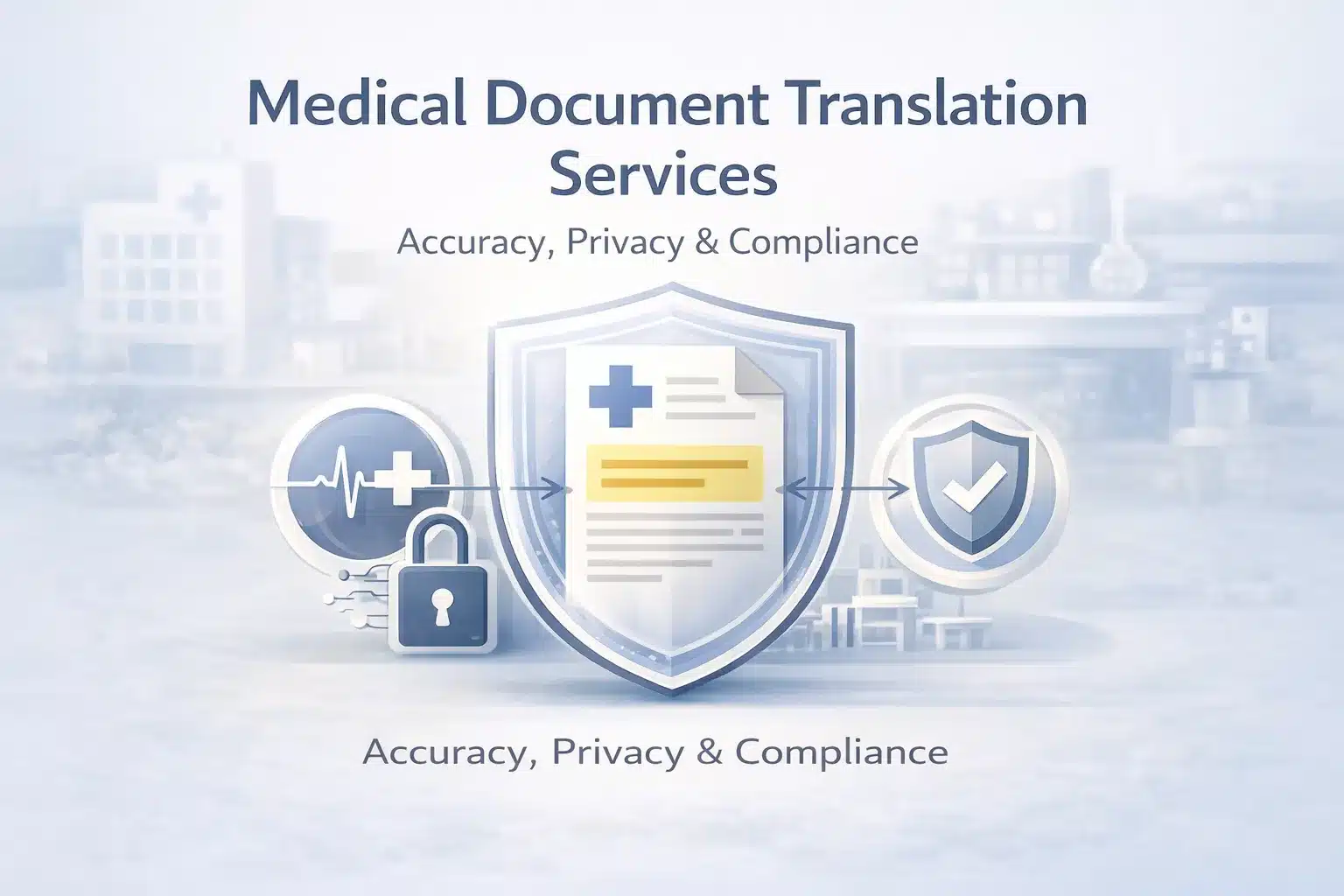The general public might have the view that translations are straightforward and easy. However, this is not always the case, especially when the translators have to deal with legal and academic documents. There are pre-determined guidelines for how translators should produce translations. There are certain criteria that determine the translation laws importance for translators to follow in order to produce translations.
Several Principles of the General Laws of Interpretations
Perhaps it would be well worth the time here to look at what Protasio Maymi wrote on behalf of the National Federation of Modern Language Teachers Associations as a reference to the importance of translation laws. They believe that there are general laws that translators should follow in order to provide accurate and clear translations.
They also refer to the general laws as concepts. They refer to several other areas of importance in translation that should govern translations, but for this discussion, the general laws should suffice. The author divided the general laws into several principles that will be discussed below. There are many more principles that would assist a translator in his or her translations. However, below are just a few.
The Principle of Accuracy
The principle of accuracy determines that a translation should be, as it states, accurate in substance. That is, it should, in effect, be a reasonable transcript of the original text. This does not mean that it should always be a literal translation. Maymi provides valuable information regarding the testing of the translated text.
An excellent way to test the accuracy of text is to translate it back into the original language. Accuracy also implies that translators do not simply translate words but that there are certain nuances which include complete phrases, thoughts, concepts, and sentences. Thus, for accuracy, this shows the translation laws importance.
The Principle of Adaptation
This principle, or general law, or the importance of translation laws, refers to adapting situations, environments, and other elements to conform to the translation. Thus, simply put, it means making the text suitable for the target language. Adaptation allows for the differences in the symbolism of different cultures and the distinctive language patterns around the world.
Adaptation is an invaluable part of translation laws importance, because it refers to the semantics of words in a language. It refers specifically to the semantic value of words and the idiomatic expressions used in a specific language. It is important for the translator to link the thought processes and customs of the people when they do their translations.
The Principle of Completeness
As Maymi puts it, in this instance, the translated text should be a complete substance transcription of the original text. This implies that in its completeness, the text refers to the translation of thoughts and concepts, and not only the translation of words. As with accuracy, it does not mean that the translation occurs word for word. In obtaining a complete substance transcription, words and phrases may be added.
The Principle of Grammatical Variation
This is a vital element as, in some countries, the verbs in languages are placed in different places in a sentence. Translations from the original to the target language may, therefore, require parts of speech and syntactical structures to be changed. Most languages would, therefore, require specific techniques in order to translate them accurately.
The Principle of Idiomatic Quality
When translating any work, the principle of idiomatic quality should be adhered to. This means that the translator should keep close to the genius of the language as well as the idiomatic patterns to render an accurate translation. It is a vital part of the importance of translation services for law firms.
The Principle of Style
The principle of style is an important part of translation. Adhering to the style of the writer is important in translation. The translation should attempt to capture the style of the original text as closely as possible.
An important component here is that both the style of the writer in the original text as well as the style of the translator should be considered. Thus, as mentioned before, the idiomatic quality of the work should remain intact. Most writers would write in a stylistic way first, with syntax as a secondary vehicle.
Why are these Principles Important?
The importance of adhering to these principles, is to keep languages from becoming standardized. It is a necessary part of keeping languages across the world flexible. It provides all writers with freedom of expression.
Freedom of expression simply means that writers can maintain originality and individual style and express themselves in the way they transmit ideas and thoughts. The freedom to express themselves culturally and in their original language allows writers to transmit these ideas to others. This would be absent if languages were standardized.
Because languages are different in structure, in idiomatic expression, in syntax and grammar, it is important that translators follow the principle that we mentioned above. These principles are not comprehensive as there are many finer details that translators should employ to provide a complete and accurate translation.
Conclusion
The principles discussed here are generally used by most translators, as is the case at Circle Translations. The practice of the importance of translation laws allows for accurate translations. There is no disputing the translation laws importance as seen in this discussion. These are not legal laws, but it would be prudent for all translations to adhere to these rules or principles in all of their translations. It will provide the most accurate translations of documents, books, articles, and other written material.
Subtitles

Professional and Accurate Subtitle Services for your Videos.
- Video subtitles specifically tailor-made for improving accessibility.
- Using highly experienced subtitlers with years of industry experience.
- Professionally written and expertly timed.
Translation

We help the world’s top companies translate their content in over 73 languages!
- We localize content for internet websites, games, travel, cryptocurrencies, and more
- Expand your global audience by adding different languages.
- We work only with qualified translators and experienced content creators
Audio translation

Ensuring full accessibility for Blind and visual impaired audiences.
- Visual descriptive events as they occur in the video.
- Working with top audio describers to perfectly describe what is happening on-screen
- Professional sound recording.














